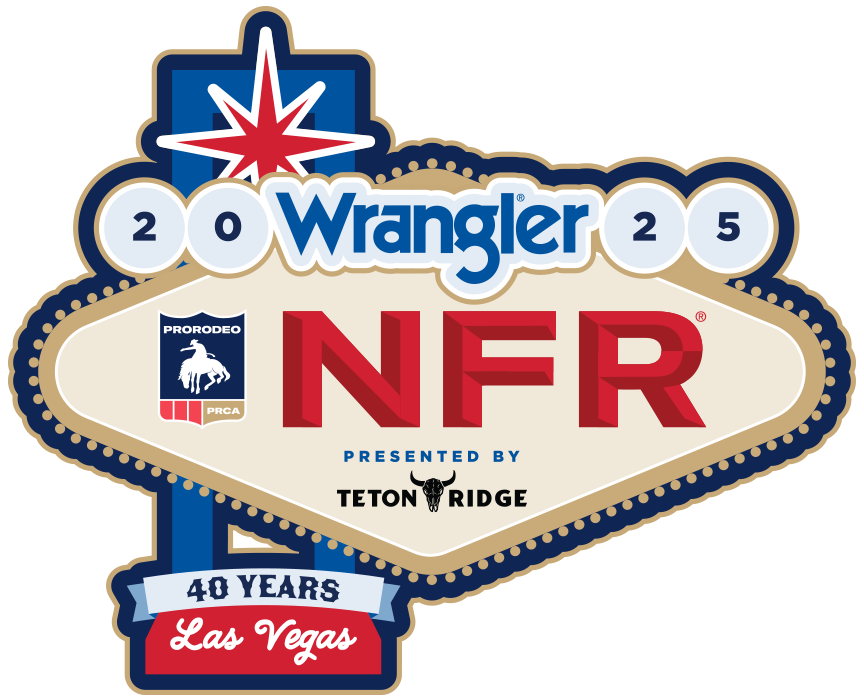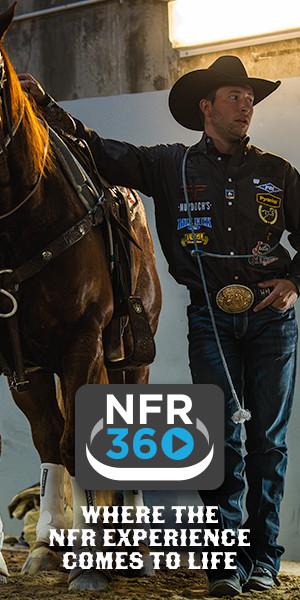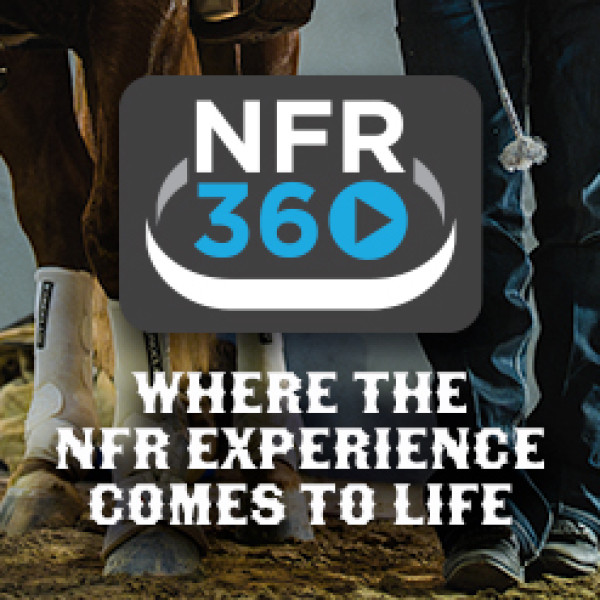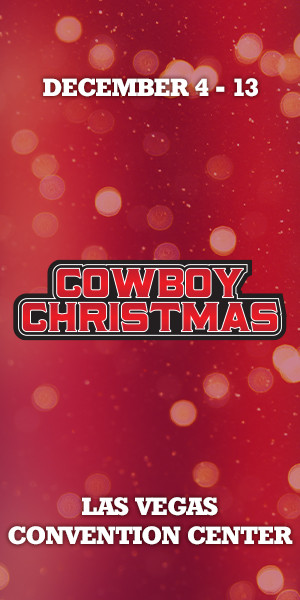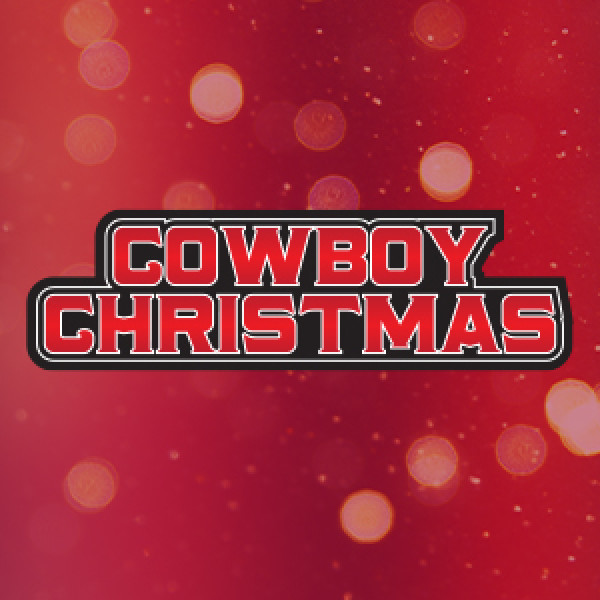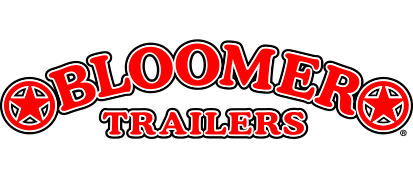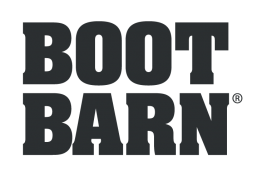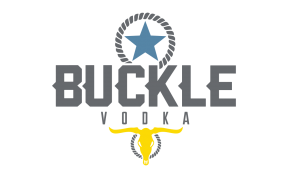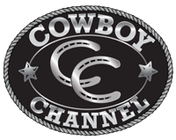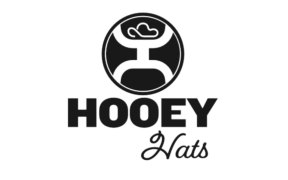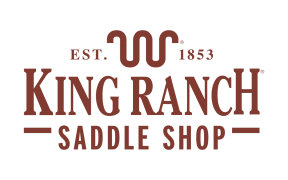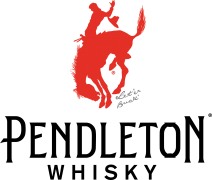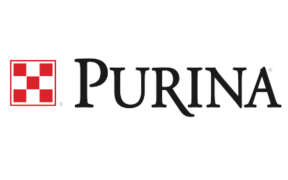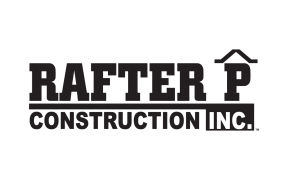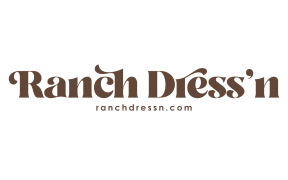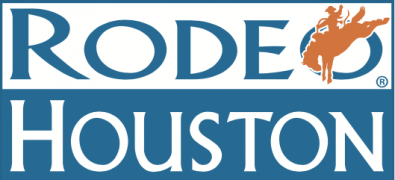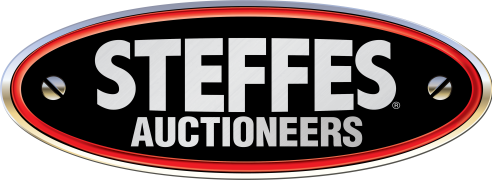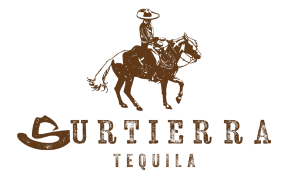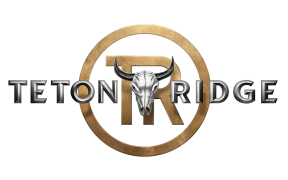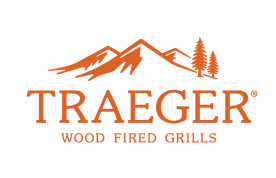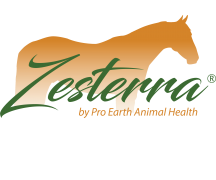
Mar 11, 2021
Snowmaggedon
Valentine’s Day 2021 was one for the history books and if love was in the air, for many across the southern United States, it was frozen.
Rodeo committees in San Antonio and Jackson, Mississippi had been watching the weather forecasts and were making plans. Amid a pandemic that forced many events to cancel, they were now faced with the logistics of cancelling and rescheduling events. It was unthinkable to many that a rodeo that persevered and was actually happening was now faced with weather issues that affected the safety of everyone involved.

The Dixie National Livestock Show and Rodeo had started on Feb. 11. They had a performance Feb. 14, rescheduled their Feb. 15 rodeo and other events and were back rodeoing on Feb. 16. In San Antonio lack of power, water and subfreezing temperatures caused even more havoc in their schedule.
They host one of the highest-paying Xtreme Bulls events. It was scheduled for 1 p.m. on Valentine’s Day. That went on as planned. Knowing what the weather was going to be, they had already cancelled the performance on the 15th. Then, looking at the forecast they made the decision to moved rodeo performances through Feb. 18.
Their Retro Rodeo for 2021 had already scaled back from what had become one of the highest-paying and most prestigious rodeos that contestants and fans expect. They moved from the AT&T Center where the San Antonio Spurs play back to the Freeman Coliseum that had hosted the competition from 1950 through 2003. Starting in 2005, they were named the PRCA’s Large Indoor Rodeo Committee of the Year for the first of 14 consecutive times – a record that will be hard to break.
The San Antonio Rodeo is known for volunteers, contestant hospitality and support of Texas youth. While they were cancelling and rescheduling livestock shows along with the rodeos, those volunteers stepped up to feed stranded cowboys and do their best to provide them meals and a place to be warm. Water trucks that normally prep arenas hauled water to livestock. Health and welfare of animals and people was the biggest concern.
Hunter Cure, a two-time world champion steer wrestler from Halliday, Texas, was at home taking care of himself and cattle when the winter storm hit. Just two weeks before the storm hit, he was competing at a qualifier event for RFD-TV’s The American Rodeo. The steer stopped in front of his horse. The horse stumbled, fell, and rolled on top of Hunter. The steer and horse were fine, but Hunter took a pretty good hit. He had a concussion, dislocated ribs, and a severely bruised thigh where the saddle horn hit. He had been recuperating and depending on others to help take care of his cattle at home.
He had no idea how much that help would benefit him as the cold settled in. Canadians Scott Guenthner and Tanner Milan were staying in a bunkhouse at the Cure’s place. Each winter, Hunter buys stocker calves and keeps them on wheat pasture until spring when they go to a feeder.

He also has Angus cows that had started calving. With about 1,400 head of livestock to care for, no power, no water and Hunter’s injuries, the losses could have been devastating. For Scott and Tanner, it was just like another day at one of their ranches – in Canada.
The wheat pasture cattle got out on frozen ponds and when the ice wasn’t enough to support their weight, they had to be rescued. It was Scott and Tanner that did that. Cows were having babies that would have quickly frozen with the cold temps and damp conditions.
Hunter walked into the bunkhouse and found calves in the laundry room that had been turned into a nursery. Scott and Tanner had gotten newborns in, covered them with horse blankets and were doing everything they could to get them warmed up so they could return them safe and sound to their mothers.
Hunter’s injuries prevented him from getting out and helping like he normally would, but also, he didn’t have the experience of the two Canadians in the extreme conditions.
“I was very thankful to have Tanner and Scott around during the storm,” Hunter said. “They have the expertise of cold weather situations and because of that we were able to minimize our losses. We still lost some cattle, but without their help it would have been devastating.”

One day, they would take hay and water to the yearlings and the next they would do the same for the cows and calves. In between feeding and watering, they were constantly checking on the welfare of all of them.
“It was like another day at home on the ranch in Canada,” said Scott. That was true for the working conditions, but not for it happening in Texas. “Down here, they aren’t set up for that kind of weather. In Canada, all of our water lines and power are below the frost line, so we don’t lose it very often.”

There were unexpected consequences across the board from the weather. Normally in Texas, ranchers use hay as a supplement to pasture. When that pasture is covered with snow, hay becomes the main source of feed. So, the demand for hay created a shortage.
“It felt like the whole world shut down because of the storm,” Scott added. “Cattle don’t shut down and they still have needs, so we did our best to take care of that. Every animal is important so we just worked to do the best we could for them.”
Scott spent part of the time horseback, bringing in cows so they could have a dry environment to deliver. Living north of Calgary it is something they do often on their ranch where they raise Hereford cattle.

Their calving season starts the middle of April and like most ranchers, they like their cows to deliver out in the pasture in their natural environment. A storm changes that.
“Last May we had a storm go through and we spent 24 hours a day checking cattle. Some nights we had 30 head of calves in the barn. You have to get those calves on their feet, get some milk in them, get them warm and get them back with the cows as quick as you can. Hopefully it all goes well and you have a productive cow with a sellable calf.”
Scott and Tanner have been using the Cure’s place as a home base for the past three years. This year they came down for Odessa. Scott had gone home to be with his wife and son and returned just before the storm. Then they all headed to San Antonio.
“It’s the life of a rancher with a rodeo habit,” Hunter said. When they returned from San Antonio, there was still plenty of work to do. They had yearling cattle that had gotten out and were on the neighbor’s land that they had to gather up and get home.
“It wasn’t a fairy tale by any means,” Hunter added. “But after my wreck and then with the storm, I was certainly grateful for those Canadians.”
When the sun came out, so did the whole family. Hunter and his wife, Bristi, have two children, Hallie and Hayes. They converted a feed tote and a saddle blanket into a sled. It was finally time to have some fun. That’s the best part of life for a rancher with a rodeo habit in any circumstance – fun with family.

